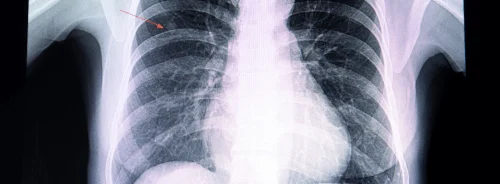Professor Leonard Berlin, Professor of Radiology at Rush Medical College and the University of Illinois is an acknowledged expert in malpractice issues in radiology. He gave the Annual Oration in Diagnostic Radiology: To Disclose or Not To Disclose Radiologic Errors—Should "Patient First" Supersede Radiologist Self-Interest? at the RSNA 2012 Annual Meeting in Chicago.
What the audience could not have anticipated in addition to the erudite information conveyed, was that Berlin produced the whole lecture in rhyme, perhaps a first for RSNA. [Disclaimer: what follows in prose cannot do justice to Berlin's elegant rhyming couplets.]
Aligned with the RSNA meeting's theme of Patients First, Berlin believes strongly that all physicians are ethically and morally obligated to place the needs of patients first. Disclosing risks is a benefit. Healthcare has moved from the era of 'doctor knows best' to an era of patient individualism, participation and shared decision-making where doctors should inform but noy influence.
The AMA Code of Ethics requires disclosure of errors. Concern about liability should not diminish this duty. Doctors should be concerned and sympathetic following an error and be apologetic if it is their fault.
There are many reasons not to disclose errors: tarnished reputations, diminished esteem, peer opinion, risk of losing medical licences and of being sued for malpractice. "Avoid the appearance of wrongdoing; would that stop the patient from suing?" Berlin said. Patients sue because they believe that medical errors are being concealed."The law is very broad: failure to disclose may constitute fraud", he went on.
There is no accurate correlation between disclosure and lawsuits, whether the one leads to an increase or a decrease in the other.
"An apology is not an elegy", he closed.





